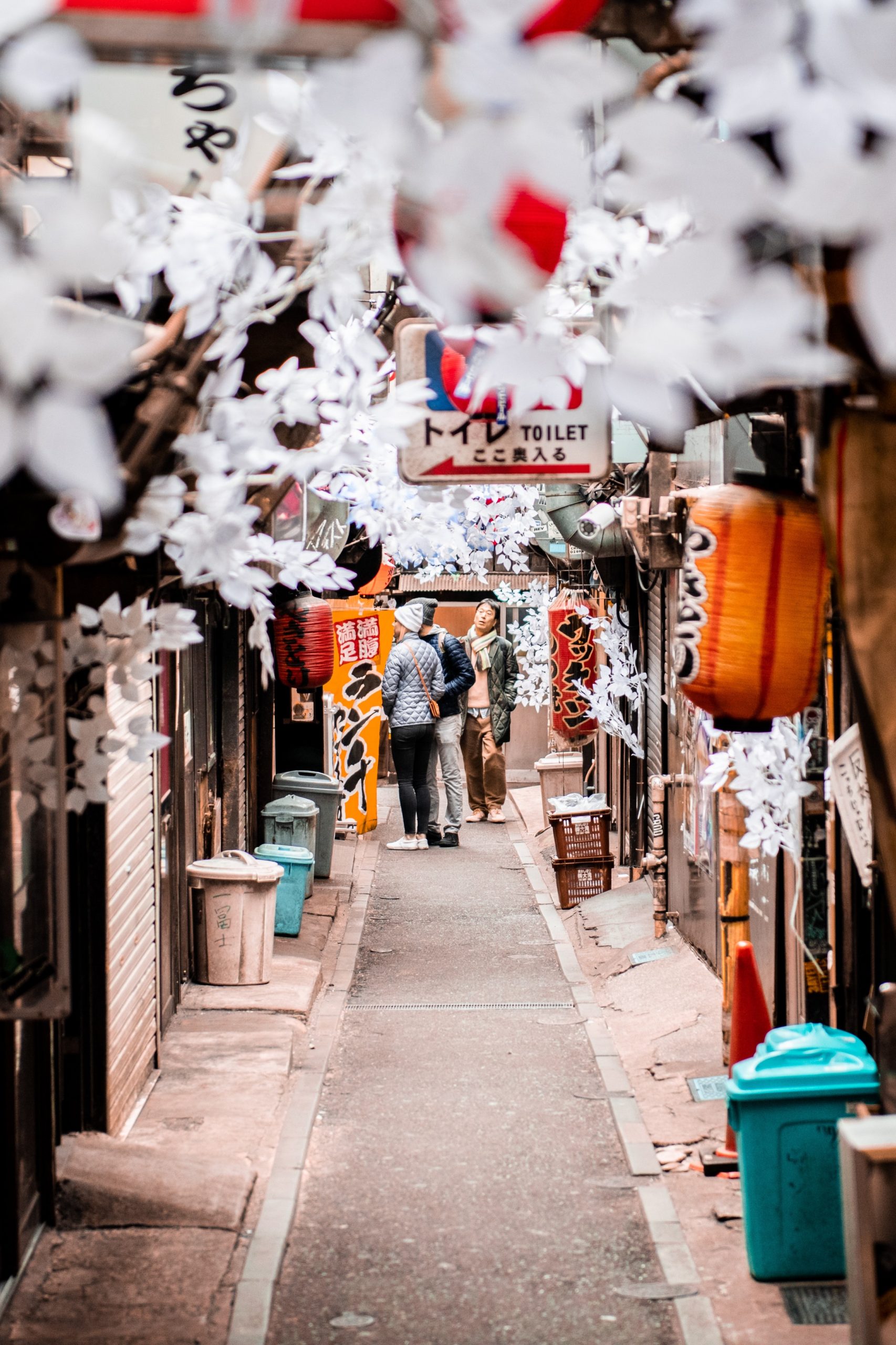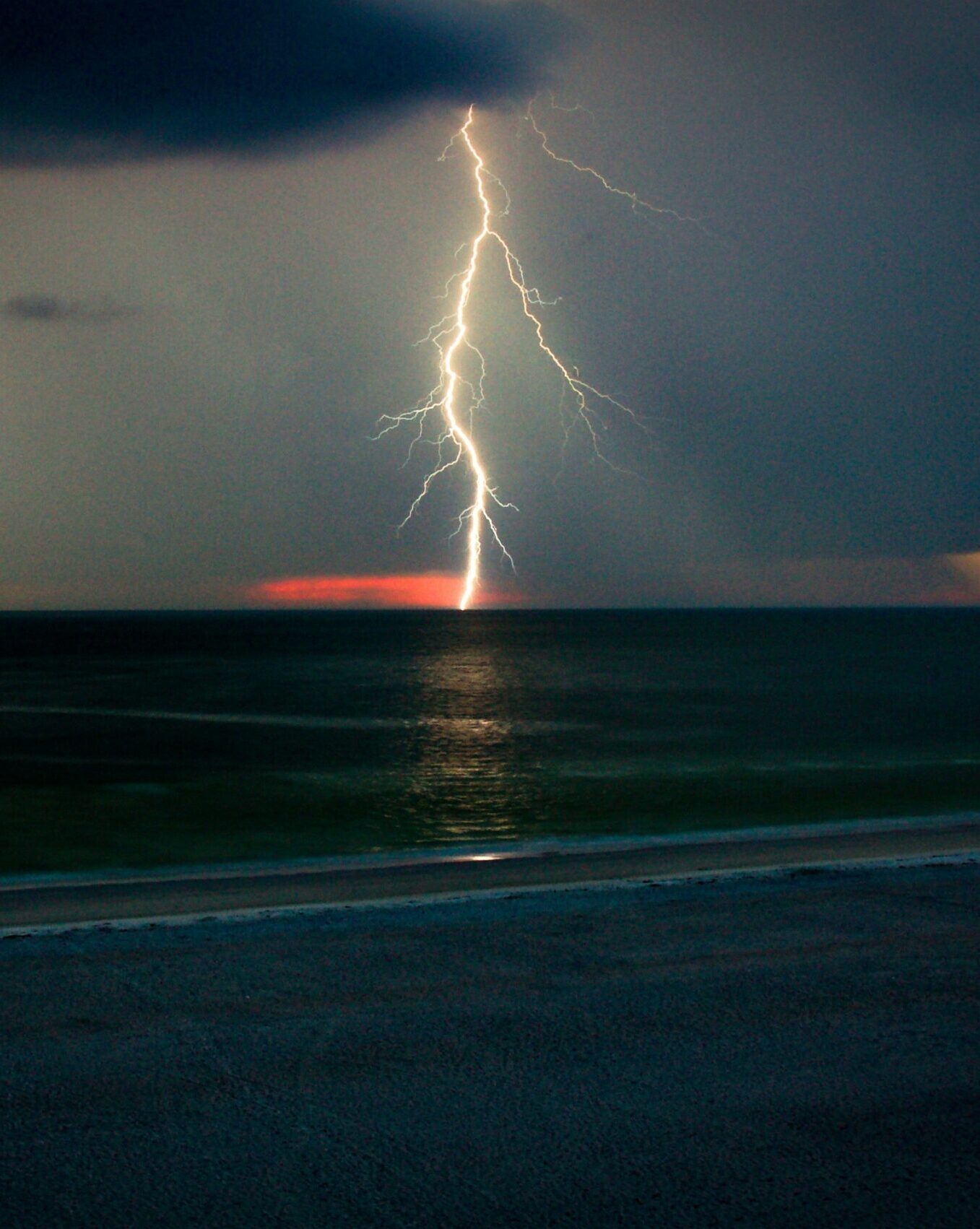
Shinjuku Golden Gai came to my attention during the pandemic months in Tokyo. On those quiet stay-at-home evenings, I watched the Japanese TV series “Midnight Diner” on Netflix, and the Diner’s location was set in Golden Gai, a tiny nightlife quarter that was once an illegal prostitution district in Shinjuku, a town in Tokyo, after World War II. Each self-contained half-hour episode of the show revolved around a customer who always ordered the same food at the hole-in-the-wall Diner run by “Master,” a mysterious middle-aged man with a scarred face. The Diner’s regulars, crammed at the U-shaped counter, ranged from corporate employees and detectives to strippers and gangsters. At the end of the day, these customers walked through the alleyways where electric signs of bars and restaurants jutted into the air, opened the Diner’s sliding door and said, “Master, my usual, please.” The show brought these characters a little closer to me through the foods they ordered. Octopus-shaped red weenies, bite-sized fried chicken, ground meat cutlets served with macaroni salad and finely-sliced cabbage—conventional home-style dishes I ate while growing up.
Watching one episode after work became my daily ritual. I watched a male porn star sob while eating potato salad after visiting his senile mother, who had often made him potato salad but disowned him for his job. A Paris-trained high-end restaurant critic shoveled a bowl of buttered rice into his mouth with chopsticks as if there were no other foods in the world. A popular actress slipped into the diner to munch fried noodles to remember her father who had abandoned her. Even with somewhat forced plots, these stories had the power to make viewers say, Yes, this could happen in a Shinjuku diner, and I could be sitting next to this person.
Most of the flashbacks of the patrons’ earlier lives connected with these foods were set in the late twentieth century, the decades when the country enjoyed an unprecedented economic boom. People ate, drank, and sang karaoke in town, some of them spending hundreds of thousands of yen per night, while a good part of the population still led modest lives. Pubs and nightclubs like those in Golden Gai, along with affordable eateries like the Midnight Diner, were everywhere as part of the prosperity that was slammed down when the economic bubble burst. It is believable that these characters, including wealthy ones, kept returning to the Diner—the quaint atmosphere adds to their gastronomic nostalgia for their younger days in those times.
I grew up in those years, too. So, although I haven’t visited Golden Gai—I suspect the majority of Tokyo residents haven’t—I can feel the ambience of the quarter as if I knew it. Damp-looking alleyways, electric wires crisscrossing above those paths, fluorescent signs bearing bars’ names like “Tachiana” and “Amsterdam in the Rain” in Japanese, karaoke songs wafting from behind doors, and the smells of cooked meat that sometimes bordered on stench. These things are embedded in my memories of the bygone age when people craved to revel more and own more, the age that coincided with my not-so-happy younger days. In the post-economic bubble era, people strove to build the new that included chain cafés and eateries and office complexes with malls, sweeping away those old eating and drinking places. Neighborhoods like Golden Gai turned into popular spots for international visitors looking to experience “good old Japan.” When I was younger, I was among many Japanese who didn’t miss these old-fashioned establishments that seemed to entice decadent people with money but no hope.
Having watched the show as a middle-aged adult, however, I feel drawn to the old Shinjuku quarter. It won’t take me an hour to travel there. The only deterrent is the pandemic.
In the meantime, with what I have in my fridge and cupboard, I rustle up the foods Master served: Japanese-style potato salad dressed with mayonnaise, and buttered rice with a splash of soy sauce. I buy ground meat cutlets from a deli and make a decent dinner with side dishes of macaroni salad and sliced cabbage.
I stayed away from these conventional “people’s foods” for a long time, probably because they were powerful reminders of those societally crazy and personally unpleasant times. Now I find myself ready to make them part of my diet. These dishes I eat for the first time in ages are delicious, reminding me how much I liked them. I savor the unsophisticated, yet delightful, tastes and textures of the mayo-coated potatoes and the breaded juicy ground meat, sensing my heart gradually open to the old days I tried not to remember. Those years are, after all, part of my life. And, with the joy these foods bring me now, perhaps not everything was so bad.
Kaori Fujimoto is an essayist from the Tokyo area, where she currently resides. She writes about food, nature, travel, family, and any other matters. Her writing has appeared in Literary Hub, the Threepenny Review, Mslexia, and other literary journals and anthologies.
Photo courtesy of Satoshi Hirayama.




